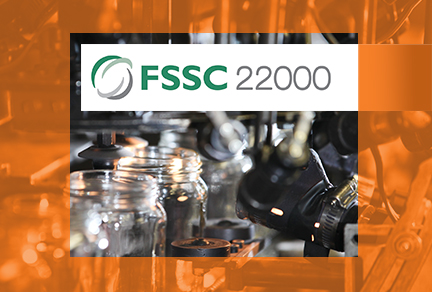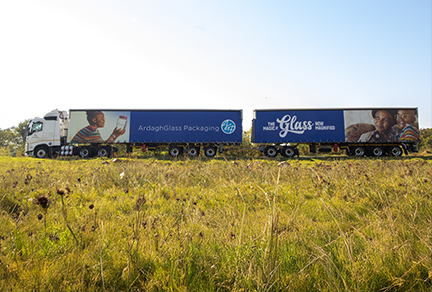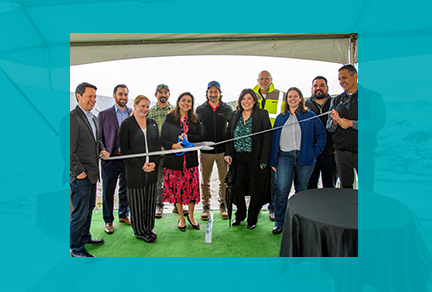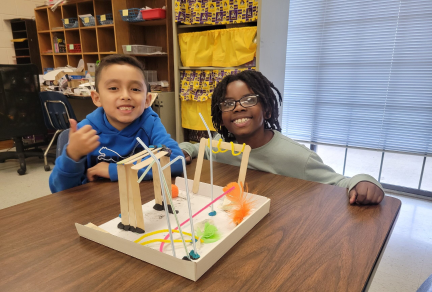Furnace of the future to cut CO₂ by 50%
Published: March 16, 2020
The ‘Furnace of the Future’ is a fundamental milestone in the industry’s decarbonisation journey towards climate-neutral glass packaging. It will be the first large-scale hybrid oxy-fuel furnace to run on 80% renewable electricity in the world. It will replace current fossil-fuel energy sources and cut CO2 emissions by 50%.
For the very first time, the industry has adopted a collaborative approach where 20 glass container producers have mobilised resources to work on and fund a pilot project to prove the concept.
“We are extremely proud to announce this joint-industry project”, comments Michel Giannuzzi, President of FEVE. “The hybrid technology is a step-change in the way we produce and will enable us to significantly reduce the carbon footprint of glass packaging production. The move marks an important milestone for the glass sector in implementing our decarbonisation strategy”.
The industry already works with electric furnaces in several of its 150 glass manufacturing plants across Europe, but they are small scale and exclusively used to produce flint (colourless) glass with virgin raw materials, therefore using very little or no recycled glass content. With this new technology, the industry will be able to produce more than 300 tonnes per day of any glass colour, using high levels of recycled glass.
Ardagh Group – the second largest glass packaging manufacturer in the world – has volunteered to build the furnace in Germany. It will be built in 2022, with an assessment of first results planned for 2023.
“With this new technology we are embarking on the journey to climate-neutral glass packaging, and ensuring the long-term sustainability of manufacturing”, states Martin Petersson, CEO of Ardagh Group, Glass Europe. “We aim to demonstrate the viability of electric melting on a commercial scale, which would revolutionise the consumer glass packaging market.”
Bringing the ‘Furnace of the Future’ to life is an extremely ambitious project requiring significant financial and human resources and a wide range of expertise. For this reason, the industry has committed to work together. By adopting a sectoral approach, it also intends to gain the support of the European Commission through the ETS Finance for Innovation Fund Programme. Despite its key importance, this project is not the only one the industry is working on. Other pathways towards clean production technologies and climate-neutral glass packaging are already implemented and others are also being explored.
For more information, please visit Feve.









